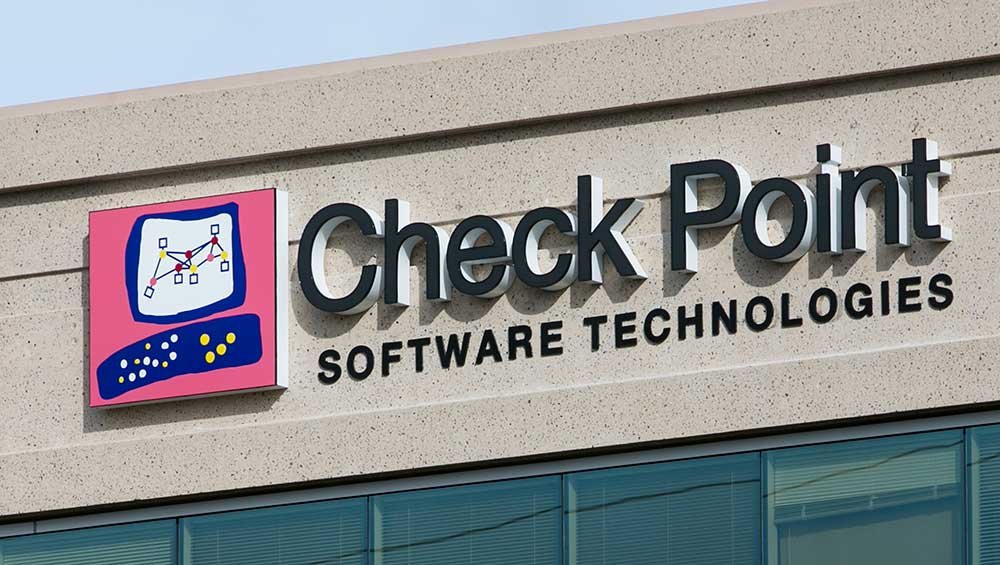On the 33rd anniversary of Computer Security Day, Check Point Software Technologies Ltd. , a provider of cyber security solutions, provides five important reminders for protecting home and office computer systems.

Since Computer Security Day began in 1988, the level of cyber threats has increased every year and the last 12 months saw the highest level of cyber breaches. New and more sophisticated threats, more Appliances, greater computing power and professional criminals, point to one thing, anyone with a computer, smartphone or IoT device now needs to regularly think about cyber security, which unfortunately many don't. Especially today with the increase in remote work, each of us bears a certain level of responsibility when it comes to security.
For this reason, the following tips have been put together to provide guidance and assistance in protecting both our personal devices and corporate IT systems:
- Passwords are important: Passwords should be checked and updated regularly. However, experts disagree about the length and composition as well as the frequency of renewal. It is important for users to handle passwords carefully, not to store them unsecured in Excel spreadsheets, not to write them down in notebooks that anyone could find, or to stick them on the back of the keyboard. "1234" or "password" are not secure passwords.
- Phishing protection: Users should be careful before clicking on links that look suspicious in any way, especially as far as the sender is concerned. They should also download content only from trusted sources, as phishing, a popular form of social engineering, has become the main means of attack. Therefore, if users receive an email with an unusual request, strange sender, or even subject matter, they should treat it with suspicion.
- Carefully select IT devices: Especially now with remote work, this is extremely important. The risk of a large-scale attack increases when employees use their personal devices, such as computers or mobile phones, for work-related purposes. The software security it should be installed on all devices and the connection to the company network should be protected.
- Keep the software up to date: Hackers often find entry points to applications, operating systems and security solutions, as they generally monitor and exploit any vulnerability. One of the best safeguards is to always use the latter version of any software – simple, basic but effective.
- Use multi-factor authentication: A process that many users are familiar with from their online banking accounts, for example when a TAN is requested (Password disposable) via mobile phone. In many cases, this login method is now being introduced for apps and accounts at online retailers to increase IT security. By doing so, they have made it almost impossible for cybercriminals to gain access to the system despite knowing the password.
These tips already go a long way in protecting your own devices and your company from cyber attacks and malware. However, they should also be complemented by an integrated IT security architecture that centrally integrates and controls multiple solutions against different types of attacks. This covers all areas of IT security and can even deter zero day attacks. Finally, the strategy must be completed with the training of all employees up to the level of management, including the training of specialists through special training programs and learning platforms.
All Check Point Software reports can be found at: https://blog.checkpoint.com/





